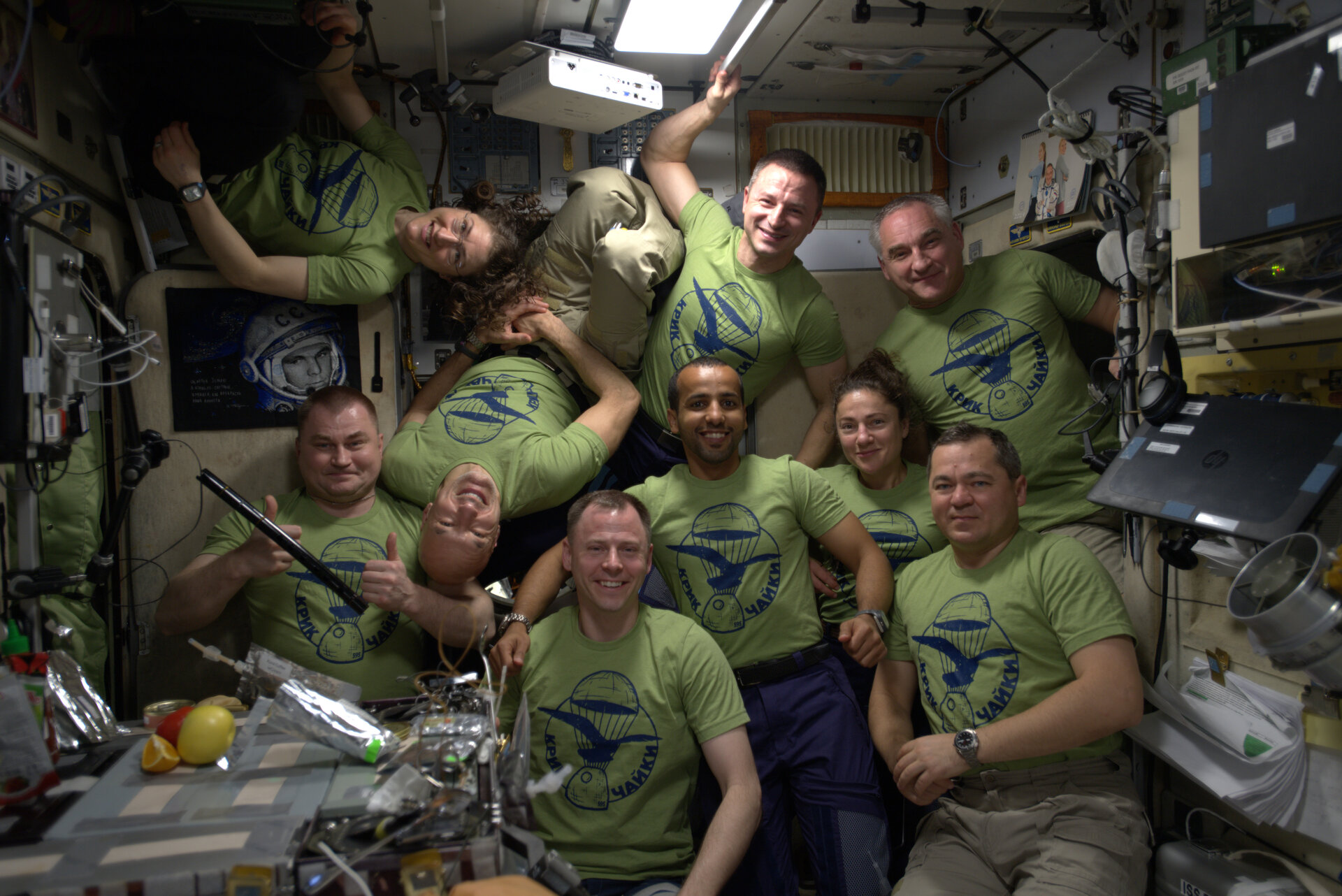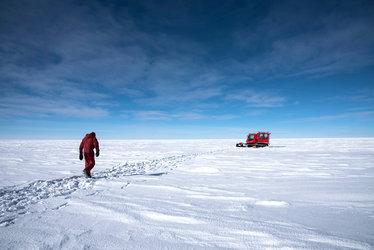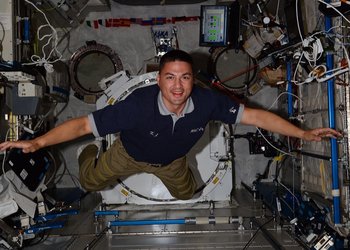Accept all cookies Accept only essential cookies See our Cookie Notice

About ESA
The European Space Agency (ESA) is Europe’s gateway to space. Its mission is to shape the development of Europe’s space capability and ensure that investment in space continues to deliver benefits to the citizens of Europe and the world.
Highlights
ESA - United space in Europe
This is ESA ESA facts Member States & Cooperating States Funding Director General Top management For Member State Delegations European vision European Space Policy ESA & EU Space Councils Responsibility & Sustainability Annual Report Calendar of meetings Corporate newsEstablishments & sites
ESA Headquarters ESA ESTEC ESA ESOC ESA ESRIN ESA EAC ESA ESAC Europe's Spaceport ESA ESEC ESA ECSAT Brussels Office Washington OfficeWorking with ESA
Business with ESA ESA Commercialisation Gateway Law at ESA Careers Cyber resilience at ESA IT at ESA Newsroom Partnerships Merchandising Licence Education Open Space Innovation Platform Integrity and Reporting Administrative Tribunal Health and SafetyMore about ESA
History ESA Historical Archives Exhibitions Publications Art & Culture ESA Merchandise Kids Diversity ESA Brand Centre ESA ChampionsLatest
Space in Member States
Find out more about space activities in our 23 Member States, and understand how ESA works together with their national agencies, institutions and organisations.
Science & Exploration
Exploring our Solar System and unlocking the secrets of the Universe
Go to topicAstronauts
Missions
Juice Euclid Webb Solar Orbiter BepiColombo Gaia ExoMars Cheops Exoplanet missions More missionsActivities
International Space Station Orion service module Gateway Concordia Caves & Pangaea BenefitsLatest
Space Safety
Protecting life and infrastructure on Earth and in orbit
Go to topicAsteroids
Asteroids and Planetary Defence Asteroid danger explained Flyeye telescope: asteroid detection Hera mission: asteroid deflection Near-Earth Object Coordination CentreSpace junk
About space debris Space debris by the numbers Space Environment Report In space refuelling, refurbishing and removingSafety from space
Clean Space ecodesign Zero Debris Technologies Space for Earth Supporting Sustainable DevelopmentLatest
Applications
Using space to benefit citizens and meet future challenges on Earth
Go to topicObserving the Earth
Observing the Earth Future EO Copernicus Meteorology Space for our climate Satellite missionsCommercialisation
ESA Commercialisation Gateway Open Space Innovation Platform Business Incubation ESA Space SolutionsLatest
Enabling & Support
Making space accessible and developing the technologies for the future
Go to topicBuilding missions
Space Engineering and Technology Test centre Laboratories Concurrent Design Facility Preparing for the future Shaping the Future Discovery and Preparation Advanced Concepts TeamSpace transportation
Space Transportation Ariane Vega Space Rider Future space transportation Boost! Europe's Spaceport Launches from Europe's Spaceport from 2012
A flock of astronauts
Thank you for liking
You have already liked this page, you can only like it once!
When Earth is so far away, it helps to have friends nearby.
The usual six-astronaut crew of the International Space Station welcomed three more and a cargo vehicle last week, making for a full house on the orbital outpost.
The arrival of NASA astronaut Jessica Meir, Russian cosmonaut Oleg Skripochka and the first United Arab Emirates (UAE) astronaut Hazza Al Mansouri on Friday was followed by the Japanese HTV-8 space freighter the next day, bringing over four tonnes of supplies and fresh science.
With nine people now on board, the Space Station is even busier and nosier than usual, including at mealtimes.
ESA astronaut Luca Parmitano tweeted this image of the team gathered for a celebratory dinner in the Russian Zvezda module, the food preparation area of the Space Station. He captioned it:
“Celebrating three birthdays in one week (me, and Nick Hague and Alexei Ovchinin), wearing the t-shirts of our ‘space band’: ‘Kryk Chayky’- ‘The cry of the seagull.’”
The seagulls, like shared mealtimes, are one way the crew cope with the oddities of life in space. From isolation and disturbed day-night rhythms to the hums and buzzes of the Space Station, living in space can be stressful. Astronauts try to maintain a routine that includes social time to unwind and build comradery.
This is especially important in a multicultural environment. A total of 239 people from 19 countries have visited the space home, and as of Luca’s current mission Beyond, there are 4 nationalities on board.
Luca is preparing to take over command of the Space Station, when current commander cosmonaut Alexei Ovchinin, NASA astronaut Nick Hague and UAE astronaut Hazza Al Mansouri return to Earth in the early hours of 3 October.
In the meantime, it is not all fun and band practice for the crew. They are hard at work on science experiments and, perhaps more importantly this week, station maintenance. Read more about the experiments and chores in the biweekly roundup.
See also these infographics on meals, space food, and Space Station dining.
Watch this space for the release of Kryk Chayky’s first station album, due out in the coming light year.
-
CREDIT
ESA -
LICENCE
ESA Standard Licence

White space

Antarctic mist

Isolate in Antarctica, for science

Kjell Lindgren















 Germany
Germany
 Austria
Austria
 Belgium
Belgium
 Denmark
Denmark
 Spain
Spain
 Estonia
Estonia
 Finland
Finland
 France
France
 Greece
Greece
 Hungary
Hungary
 Ireland
Ireland
 Italy
Italy
 Luxembourg
Luxembourg
 Norway
Norway
 The Netherlands
The Netherlands
 Poland
Poland
 Portugal
Portugal
 Czechia
Czechia
 Romania
Romania
 United Kingdom
United Kingdom
 Slovenia
Slovenia
 Sweden
Sweden
 Switzerland
Switzerland
























